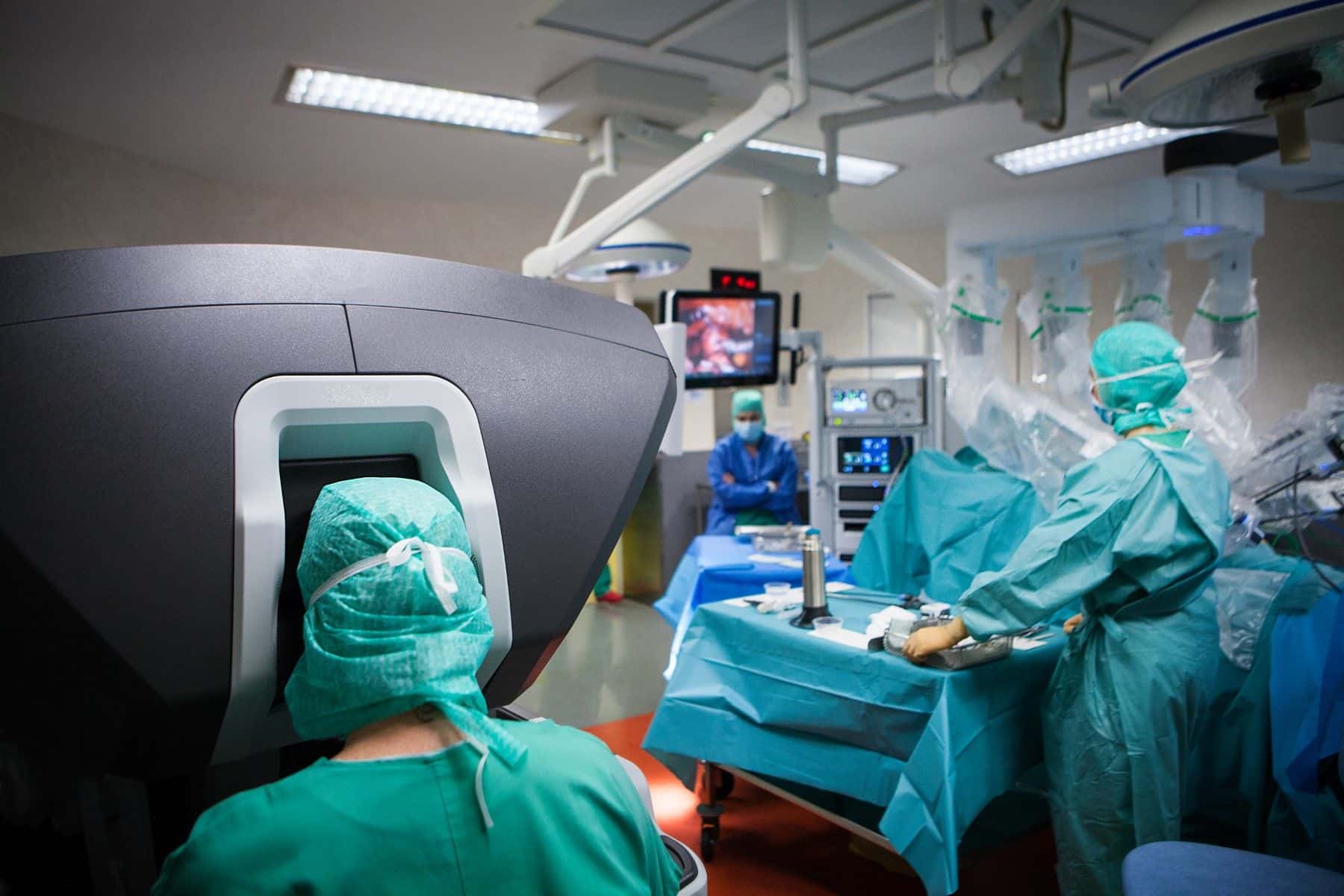Surgical Negligence During Robotic Hysterectomy Leads to Anovaginal Fistula Formation
A patient develops complications after a robotic-assisted surgery, leading to persistent symptoms and allegations of negligence regarding the initial procedure.
Updated on
Case Overview
This case involves a female patient who underwent robotic-assisted laparoscopic hysterectomy, bilateral salpingo-oophorectomy, and cystoscopy. During the procedure, a vaginal laceration was identified and sutured. A few weeks after the surgery, the patient began experiencing abnormal symptoms, including air and stool drainage from the vagina. A diagnostic barium enema later confirmed the presence of an anovaginal fistula. Initial repair attempts by a team of gynecological and colorectal surgeons were unsuccessful, leading to a second, more complex surgical intervention. Despite these efforts, the patient continues to experience symptoms associated with the fistula and is seeking another surgical team for repair. Allegations of negligence during the initial hysterectomy have been raised, specifically regarding the standard of care in robotic hysterectomy procedures.
Questions to the Minimally invasive surgery expert and their responses
What are some measures that should be taken to avoid inadvertent vaginal laceration and sequela of anovaginal fistula formation during robotic hysterectomy?
I would first have to investigate what step of the procedure (i.e., colpotomy, specimen extraction, etc.) resulted in the laceration. That would be helpful in determining what steps the surgeon should have taken to avoid the laceration (i.e., alternate extraction method, using a smaller colpotomy cup, etc.). Also, when repairing a vaginal laceration, the surgeon needs to be cognizant of the location of the anus/rectum given its close proximity. This can be done very easily by performing a rectal exam or using a rectal probe. These steps would alert the surgeon as to the possibility of a rectal injury (i.e., the vaginal laceration extending deep and also involving the rectum) as well as the location of the rectum to avoid placing any sutures in the rectum during the laceration repair. Given the timing of the diagnosis of the fistula, more than likely the surgeon erroneously incorporated (with sutures) the rectal wall with the vaginal laceration repair. After the repair, the surgeon should have confirmed that the rectum was not involved in the repair by proctoscopy or rectal exam.
How frequently do you perform robotic hysterectomies?
I am a fellowship-trained minimally invasive gynecologic surgeon who performs approximately 400 surgeries per year. 50% of those (200) are hysterectomies.
About the expert
This expert has over 15 years of experience in the field of minimally invasive gynecologic surgery. He earned his BS in biology from the University of Miami and his MD from the University of Miami School of Medicine. He then completed a residency in obstetrics and gynecology and a fellowship in minimally invasive surgery at the University of Pittsburgh. Today, this expert is board certified in obstetrics and gynecology and is a member of several professional organizations, including the Society of Laparoendoscopic Surgeons, the American Society for Reproductive Medicine, and the American Association of Gynecologic Laparoscopists. He stays very active in academia, having published over 40 peer-reviewed articles and 7 textbook chapters on topics related to obstetrics, gynecology, and gynecologic surgery. He has also received over a dozen research grants and specializes in the treatment of pelvic pain, endometriosis, fibroids, heavy bleeding, cysts, and other minimally invasive procedures. This expert previously served as an assistant professor of obstetrics and gynecology and as the minimally invasive gynecologic surgery fellowship coordinator at the University of Pittsburgh. Currently, he serves as an associate professor of obstetrics and gynecology and as the associate director of minimally invasive gynecologic surgery at a major medical school as well as a staff member at a university-affiliated medical center in Pennsylvania.

E-006718
Specialties:
Subscribe to our newsletter
Join our newsletter to stay up to date on legal news, insights and product updates from Expert Institute.
Sign up nowFind an expert witness near you
What State is your case in?
Subscribe to our newsletter
Join our newsletter to stay up to date on legal news, insights and product updates from Expert Institute.


